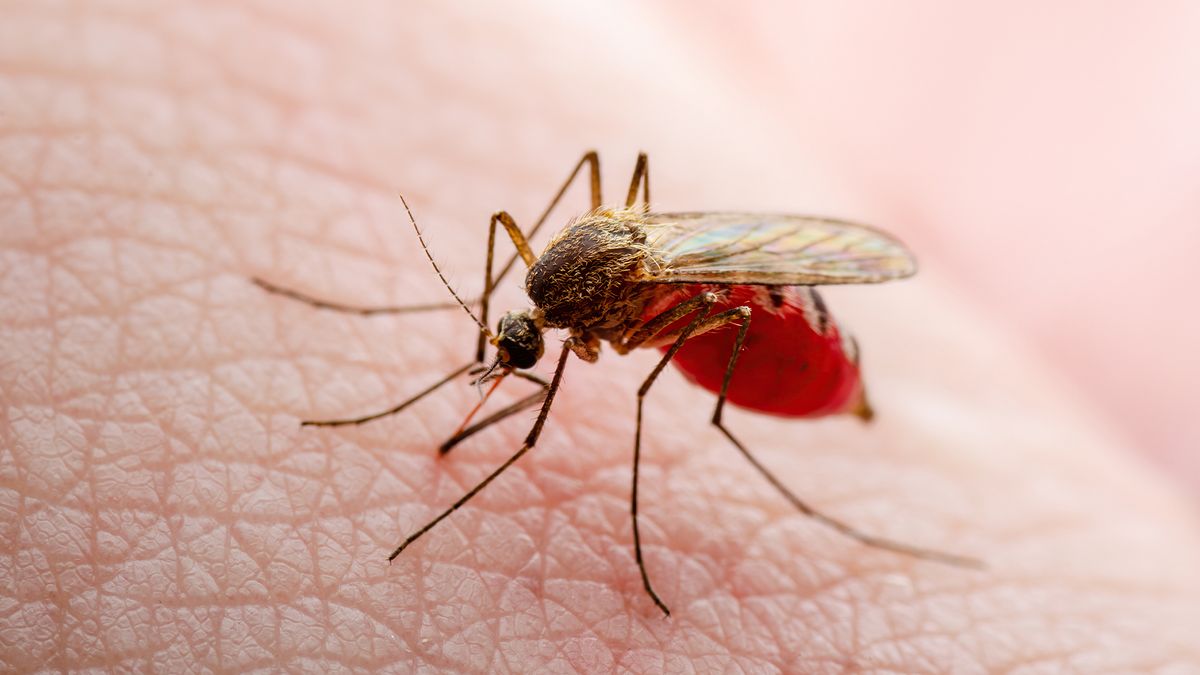No shortage of dengue treatment in the country. Working to eliminate Aedes mosquitoes going on, but we need to increase civic awareness
- Dr Samanta Lal Sen, Health Minister
With the change in the weather, the breeding pattern of Aedes mosquitoes has changed. Traditional mosquito killing methods need to be changed
-Prof Kabirul Bashar, Entomologist
Dengue cases and deaths are increasing in the country. The death rate is higher in the country than any other dengue outbreak of the world. Public health experts blame several factors including lack of effective steps to control dengue, lack of use of scientific methods to kill mosquitoes, and crisis in treatment.
The history of dengue in Bangladesh dates back two decades. The first dengue outbreak was seen in the country in 2000. That year, 5,551 people were infected with dengue and 93 died. Then from 2000 to 2022, the rate of infection and death tolls fluctuate sometimes high or sometimes low every year. But in 2023, a record number of 3,21,179 people were infected with dengue in the country and 1,705 people died. That's more than the total cases and deaths from 2000 to 2022. From January 1 to May 9, 2023, there were 1,044 dengue cases and 11 deaths. At the same time, 2,360 people were infected with dengue and 28 died this year.
After analyzing data, it showed that dengue cases and deaths are increasing at twice the rate compared to last year. The death rate of dengue is increasing continuously in the country.
Analyzing the data of the last three years, it was seen that in 2021, the number of dengue cases in the country was 28,428. Of these, 105 people died. The death rate was 0.37. In 2022, 62,382 people were infected with dengue. Of these, 281 people died. The death rate was 0.45. In 2023, the fatality rate increased to 0.53 percent. As of yesterday, 2024, the death rate in the number of cases and deaths was 1.15.
The reason for the high death rate is being attributed to not giving importance to fever, late arrival in the hospital.
However, public health experts said that death review or death review should be done to know the real cause of death due to dengue. It would have been possible to clarify the matter if the death had been reviewed. In the middle of last year, the Department of Health took an initiative to review deaths. But the Department of Health has not completed the review, no analysis has been received from them. Only hospitalized patients’ informations are available in the country. Information on patients treated at home for dengue is not available. If the number of patients being treated at home for dengue is known, the number of patients will be several times higher. If the exact number of infected patients is not known, it becomes difficult to control any disease.
Meanwhile, the Local Government Division is spending hundreds of crores every year to control Aedes mosquito-borne dengue, but there is no effective result. It is not possible to control mosquitoes too much by the traditional method of mosquito killing activities.
Dr Kabirul Bashar, a professor of Zoology at Jahangirnagar University, is conducting research on entomology. He said the duration of dengue outbreak is no longer the same as before due to the change in weather. Aedes mosquito breeding patterns have also changed with climate change. Dengue was a rainy season disease in our country. For the last few years, it has been seen that dengue is becoming a disease throughout the year. It increases in the rainy season and decreases in the winter. It was once said that Aedes mosquitoes do not bite at night. But now research shows that Aedes mosquitoes are biting even at night. The biggest concern is that dengue has now spread across the country from the city's disease. It is important to change our traditional Aedes mosquito eradication method. If we do not plan for the long term, dengue will become a threat to public health in our country.
Health and Family Welfare Minister Prof Dr Samanta Lal Sen said dengue is a disease that it is not the job of the health ministry to control it. Treatment of dengue is the responsibility of the Ministry of Health. The Local Government Division is working to prevent Aedes mosquitoes from breeding to control dengue. We have already held several meetings together in the two ministries. We have been able to control Corona. We will also control dengue this time.
The minister also said that no matter how many hospitals are ready for dengue treatment, it will be difficult to control dengue if we cannot raise citizen awareness to control Aedes mosquitoes. Our hospitals have the capacity. Our doctors are highly skilled in dengue treatment. I would request everyone to consult government doctors if they have fever. Delay in treatment increases the risk of death. Besides, there will be no crisis of anything helpful in dengue treatment including saline. Hopefully, we will be able to reduce dengue cases and deaths this year.
ZH






